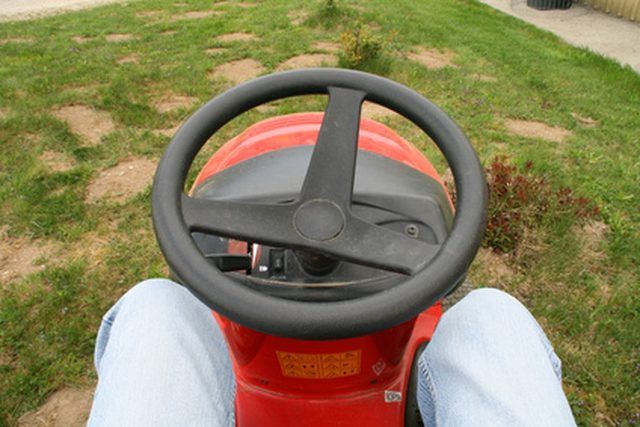Bulbs
Flower Basics
Flower Beds & Specialty Gardens
Flower Garden
Garden Furniture
Garden Gnomes
Garden Seeds
Garden Sheds
Garden Statues
Garden Tools & Supplies
Gardening Basics
Green & Organic
Groundcovers & Vines
Growing Annuals
Growing Basil
Growing Beans
Growing Berries
Growing Blueberries
Growing Cactus
Growing Corn
Growing Cotton
Growing Edibles
Growing Flowers
Growing Garlic
Growing Grapes
Growing Grass
Growing Herbs
Growing Jasmine
Growing Mint
Growing Mushrooms
Orchids
Growing Peanuts
Growing Perennials
Growing Plants
Growing Rosemary
Growing Roses
Growing Strawberries
Growing Sunflowers
Growing Thyme
Growing Tomatoes
Growing Tulips
Growing Vegetables
Herb Basics
Herb Garden
Indoor Growing
Landscaping Basics
Landscaping Patios
Landscaping Plants
Landscaping Shrubs
Landscaping Trees
Landscaping Walks & Pathways
Lawn Basics
Lawn Maintenance
Lawn Mowers
Lawn Ornaments
Lawn Planting
Lawn Tools
Outdoor Growing
Overall Landscape Planning
Pests, Weeds & Problems
Plant Basics
Rock Garden
Rose Garden
Shrubs
Soil
Specialty Gardens
Trees
Vegetable Garden
Yard Maintenance
Lawn Tractor Tire Pressure
Lawn Tractor Tire Pressure. Homeowners with large plots of grass and landscape companies performing lawn and garden maintenance depend upon lawn tractors to assist with yard work. As with any tool, the lawn tractor must be properly maintained for peak performance. Oil changes, spark plugs, blade sharpening and regular tuneups are routinely done,...

Homeowners with large plots of grass and landscape companies performing lawn and garden maintenance depend upon lawn tractors to assist with yard work. As with any tool, the lawn tractor must be properly maintained for peak performance. Oil changes, spark plugs, blade sharpening and regular tuneups are routinely done, but tractor tires need attention as well. Proper tire pressure is just as essential for the lawn tractor as it is for the family car.
Tractor Tire Performance
Most lawn tractor tires are mounted on front wheel drive machines. Generally, the front tires are smaller than those in the rear. The front tires run 1 to 5 percent faster than the rear tires to maximize the performance of the front drive axle. To improve wear, the tires should be rotated in an X pattern at 250 hours of use or when the right front tire shows 50 percent wear, whatever occurs first.
Tire Pressure Indicators
Lawn tractor tires must produce good traction while reducing side-to-side-motion. Tire pressure should be adjusted according to load requirements. Inflation pressure recommendations can be found in the owner's manual or on the company's website. An accurate tire gauge should be used to check tire pressure and adjust it when necessary. Incorrect pressure can cause reduced traction and uneven wear of the tires. Tire pressure should be uniform on both tires on the same axle.
Winter Care
A lawn tractor that sits idle during the winter should have its rear tires removed and stored horizontally. The weight of the tractor sitting on its wheels during the winter can cause tire damage. Cold temperatures reduce air pressure in the tires and places undue stress on the rubber. If the wheels cannot be removed, air should be added to the tires in the cold winter months and released when the temperatures go up in the spring and summer.
Load Distribution
Load distribution on the lawn tractor should be 40 percent on the front tires and 60 percent on the rear. Front tires usually contain more pounds per square inch (psi) of air than the rear tires. A Scott 1642 lawn tractor, for example, should have 14 psi in 15-inch front tires and 10 psi in 20-inch rear tires.
Safety Considerations
A lawn tractor tire should be mounted by a professional. Accidental separation of a tire from its rim can cause an explosion, resulting in severe injury or death. A wheel and tire assembly should never be welded or overheated as this too can cause a catastrophic explosion. A lawn tractor tire should never be filled from above or from the front. A clip-on chuck or extension hose will allow safe inflation from the side of the tractor tire. Proper care and attention to tire pressure will extend the life of the tires on your lawn tractor and provide many more hours of safe and effective operation.